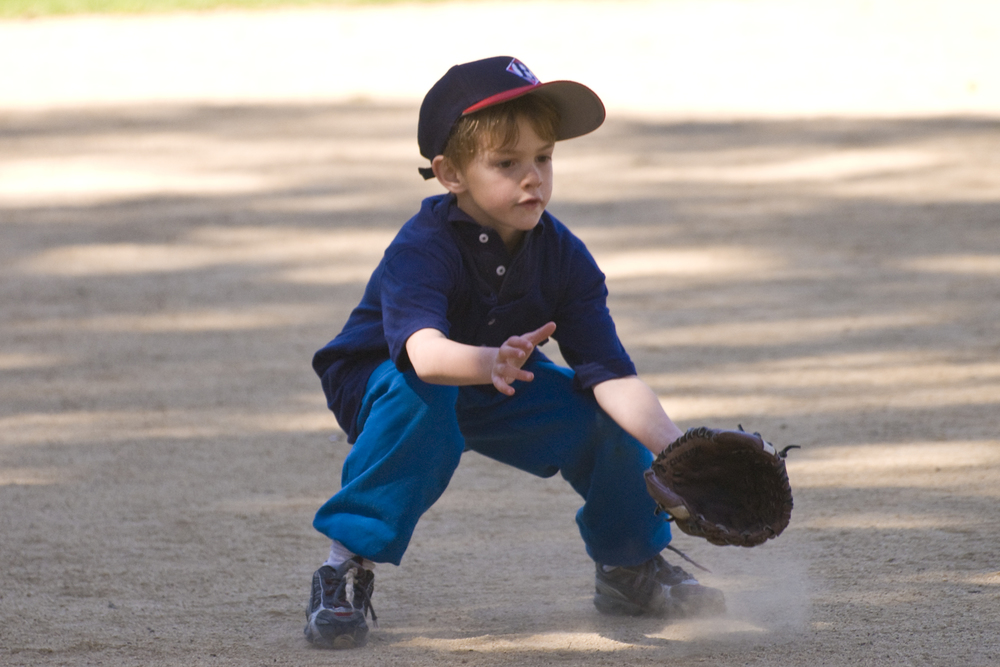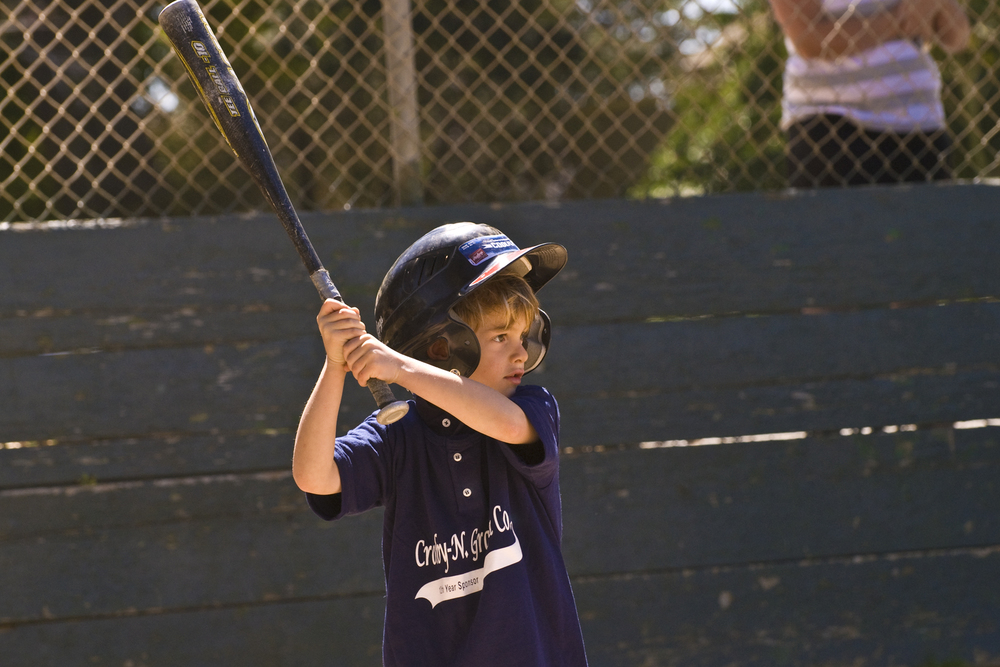Getting the whole story –parents, coaches and teachers need to get on the same page
In my recent, unscientific survey of parents of boys, I’ve discovered a 3 to 1 probability that sons won’t tell you extensive details about their day. Especially if something didn’t go their way that day. And with boy energy introduced to a world that expects 5 year old children to control impulses that physiologically require the brain development of an 8 year old, often things don’t go their way.
It’s hard to be a boy today. And it’s hard to be a boy’s parents.
Over the weekend, I received an extensive list of behaviors at camp that my son is exhibiting. Reading it made me feel really bad about myself and really bad about him – until my husband reminded me that we haven’t heard this litany from any other camp this summer. We know our son is athletic and competitive. We know that he needs to be pushed to his limits. We know he pushes every other limit as far as he can. He’s done well at camps that push him to do better and force him to play up.
We offered our son the choice to continue at this camp or do one week of baseball camp and one week of soccer camp. Surprising us, he chose the current camp. His logic – I can do both baseball and soccer at my current camp and I want to show that I can do this camp right.
Our strategy: Read him the feedback from his counselors – no editing. I wanted him to know that his behavior was noticed and not working. Then we focused on three things he could do today at camp:
- Cheer for his camp-mates and don’t ever talk about what he did himself. This humility thing is hard for him and this is a good way to practice it.
- If he is called out, asked to sub, scored upon or anything else he doesn’t like, no tantrums. Just take the referee/counselors call with dignity, sit down and cheer everyone else (see #1). This is another really good lesson.
- No pushing, shoving or trash talking on the field. The other kids don’t like it and he doesn’t need it to play well. I give this one a low probability of success.
 According to Real Boys and The Minds of Boys (which I have read) and Raising Cain (which my sister has read), boys are hardwired to physicality and to compete. Not all boys are physical and competitive, but it’s not a disability to be competitive or physical although it does need to be channeled. As a parent, I’d like to hear from the teachers and coaches about what I can do to support my boy and help him adjust to the expectations they have for him. Like most parents, I’m winging it. I’m sure that the only thing guaranteed to work is time for that brain development to happen. In the meanwhile, anyone have any great ideas to get boys to tell you about their day – including what didn’t go their way?
According to Real Boys and The Minds of Boys (which I have read) and Raising Cain (which my sister has read), boys are hardwired to physicality and to compete. Not all boys are physical and competitive, but it’s not a disability to be competitive or physical although it does need to be channeled. As a parent, I’d like to hear from the teachers and coaches about what I can do to support my boy and help him adjust to the expectations they have for him. Like most parents, I’m winging it. I’m sure that the only thing guaranteed to work is time for that brain development to happen. In the meanwhile, anyone have any great ideas to get boys to tell you about their day – including what didn’t go their way?
